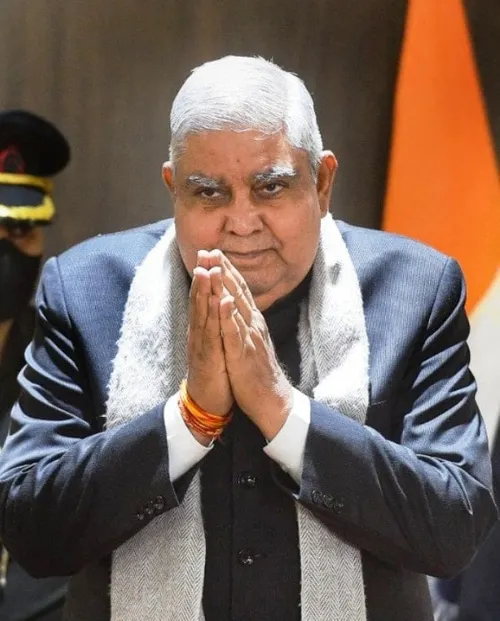
Experts say the move signals a tougher Indian stance, especially in politically sensitive sectors like steel and aluminium that align with its “Make in India” industrial strategy
| Photo Credit:
AMIT DAVE
Escalating its clash with the US at the WTO over imposition of 25 per cent import duties on steel and aluminium, India has warned that it may take retaliatory action affecting $7.6 billion worth of imports of American goods in 30 days time.
New Delhi is hopeful that the issue could be settled between India and the US through either consultations at the WTO or as part of the India-US bilateral trade agreement (BTA) being negotiated but it would work on a list of imports that could be penalised, sources tracking the matter said.
Inconsistent views
In a notification to the WTO council on trade in goods on Monday, India said the US measures were effectively safeguard duties, despite contrary claims made by Washington, and needed to be countered as these were inconsistent with WTO’s subsidies agreement.
“The safeguard measures would affect $7.6 billion imports into the US of the relevant products originating in India, on which the duty collection would be $1.91 billion. Accordingly, India’s proposed suspension of concessions would result in an equivalent amount of duty collected from products originating in the US,” the notification stated.
Canada, too, has complained against the US steel and aluminium tariffs at the WTO on the ground that they flouted multilateral trade rules.
Trump tariffs
US President Donald Trump imposed sweeping tariffs of 25 per cent on imports of steel and aluminium in March 12, 2025, by modifying the steel and aluminium tariffs that he had originally imposed in 2018 (during his first stint as President). He ended all country-specific, product-specific and other exemptions that most trade partners had secured and increased duties on aluminium from 10 per cent earlier to 25 per cent.
In 2018, too, India had dragged the US to the WTO and imposed retaliatory tariffs on 28 items exported by the US the following year when consultations did not yield results. In 2023, New Delhi rolled back the retaliatory tariffs on key items, such as apples, almonds, walnuts and lentils, when the Biden regime partly lifted the duty restrictions on India through quotas.
“India is yet to decide the items on which it will impose retaliatory duties this time round, but it has reserved its rights to retaliatory action. The government is hopeful that the matter will be resolved with the US through consultations. There is also scope of reaching an understanding in the BTA negotiations,” the source said.
The move signals a tougher Indian stance, especially in politically sensitive sectors like steel and aluminium that align with its “Make in India” industrial strategy, pointed out Ajay Srivastava from the Global Trade and Research Initiative.
“India’s latest WTO action comes at a delicate moment. New Delhi and Washington are exploring a broader FTA and this retaliation could cast a shadow over negotiations. Still, India’s calibrated, rules-based approach contrasts with the unilateralism of US trade actions and positions India as a staunch defender of multilateral trade norms,” Srivastava said.
Published on May 13, 2025
Anurag Dhole is a seasoned journalist and content writer with a passion for delivering timely, accurate, and engaging stories. With over 8 years of experience in digital media, she covers a wide range of topics—from breaking news and politics to business insights and cultural trends. Jane's writing style blends clarity with depth, aiming to inform and inspire readers in a fast-paced media landscape. When she’s not chasing stories, she’s likely reading investigative features or exploring local cafés for her next writing spot.





